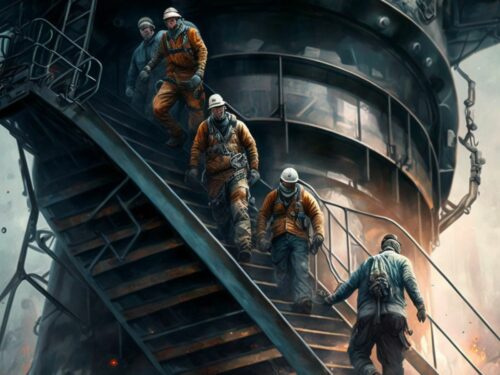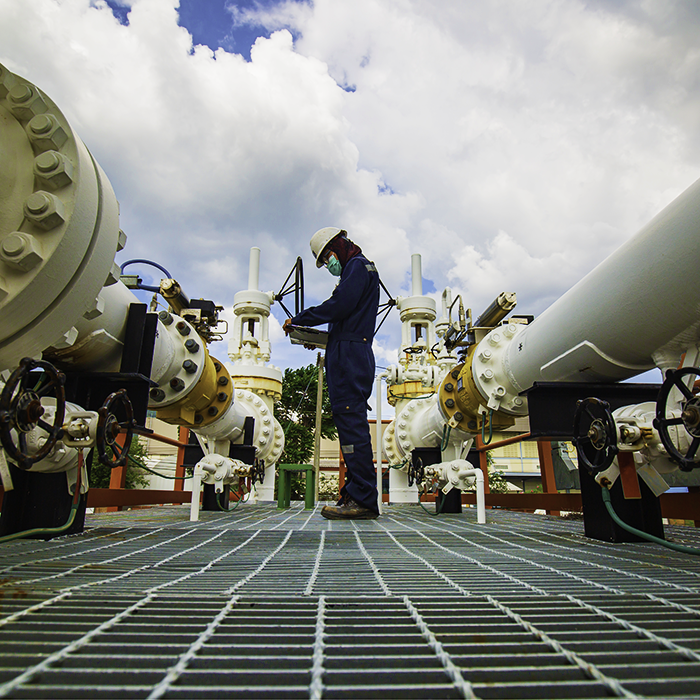Everything You Need to Know About Rigger Jobs
Rigging is an exciting profession that involves the transport and manipulation of heavy loads with the use of special equipment. With the help of specialized rigging machines and safety measures, riggers make sure every job is done safely and efficiently, creating many fulfilling and well-paid career opportunities for those seeking to pursue this profession.
What Does a Rigger Do?
A rigger’s main responsibility is rigging, which involves the use of mechanical, electrical, and/or manual methods to attach and secure materials or objects with cables or other devices in order to move them safely.
Riggers are often called upon to provide solutions to transport heavy loads safely and efficiently – this includes setting up block and tackle systems, setting up derricks, operating winches and cranes, tying knots, and utilizing slings.
Riggers must also follow safety regulations and take all necessary steps to protect the load they’re working with while ensuring it gets delivered on-time.
What Are the Job Duties of a Rigger?
The duties of a rigger involve the setup and use of machinery, tools, and materials to support heavy lifting operations. This includes preparation such as inspections and testing of mechanical equipment, assessing the surrounding area for safety, setting up slings, ropes, and cables for lifting.
Additionally, connecting pieces of machinery with ropes and metal rings, operating hoists and cranes to move objects into place, securing objects safely onto transportation equipment, safeguarding co-workers in the vicinity during operation activities are also a part setting up the machinery tools.
Are Training or Certification Programs Available for Riggers?
Yes. Rigging is a very technical and dangerous occupation, so for those interested in joining the industry, there are various certifications and courses available to increase their knowledge and skills.
These may include technical rigger certifications or more specialized training like heavy haul trucking riggers, oil refinery riggers, iron worker rigger certifications, or utility line rigger safety certificates. Depending on your job role, you may need a combination of theoretical knowledge and practical skill to become certified.
What Should I Know About Working Conditions for Rigging Jobs?
Rigging jobs come with a variety of working conditions, depending on the specific job that is being performed. Most riggers work outdoors in construction, mining, and manufacturing sites; Have to lift heavy machinery and equipment; Climb scaffolding and ladders; And may be exposed to hazardous materials.
Additionally, long hours and night shifts are often required with these types of positions. Therefore, it is important to understand these potential safety risks when deciding to pursue a career as a rigger.




0 Comments